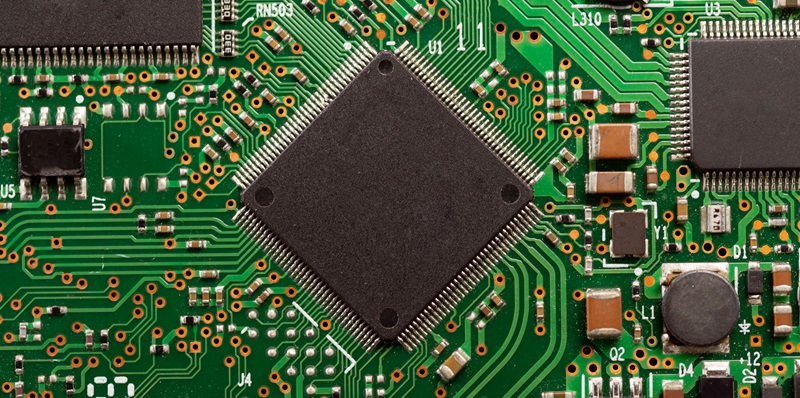The tech world is abuzz as Microsoft pours $15 billion into a partnership with Intel, marking a pivotal move in chip manufacturing. This investment is a strategic gambit to create custom silicon, breaking from the norm of relying on third-party suppliers. This collaboration is poised to disrupt the industry, with Microsoft setting its sights on leading the custom chip field.
Utilizing Intel’s state-of-the-art 18A process, Microsoft is not merely joining the competition in chip design; it’s driving a project that could revolutionize the sector. The goal is to develop processors that match Microsoft’s exact standards and vie with the top-performing chips in the market. The specifics of where these chips will be utilized are not yet public, but whether used for data centers, edge computing, or AI accelerators, the potential for substantial tech market impact is undeniable. This partnership underscores a growing shift toward in-house chip solutions that cater to the particular needs of tech giants.
Shifting Market Dynamics
The dust has yet to settle on the implications of this powerhouse partnership between Microsoft and Intel. While the specifics of their collaboration—particularly the chip types—are currently shrouded in mystery, market analysts predict considerable disruptions across several tech markets. Foremost among these could be the AI industry, where customized chips hold the potential to drive unprecedented efficiencies and capabilities.
It is almost certain that part of Microsoft’s vision involves the burgeoning field of generative AI, a segment where tech firms are vying for dominance. With AI’s applications sprawling across numerous sectors—from healthcare to entertainment to autonomous vehicles—the demand for chips capable of processing these complex algorithms grows insatiable. This Microsoft-Intel fusion not only speaks to the immediate needs of technology today but also lays the groundwork for emerging markets, setting a fresh battleground for innovation.
Competition Intensifies
Nvidia’s Potential Countermove
The ripple effect of Microsoft and Intel’s new alliance may compel other industry titans to realign their strategies. Nvidia, which has long reigned over the high-end AI chip market, finds itself facing a fresh challenge. How the company responds could have profound implications not just for its own trajectory but also for those of its competitors and customers.
It’s no secret that Nvidia has historically focused heavily on graphics cards, with their latest RTX 4000 series solidifying their position in the market. However, the winds of change are blowing, and there’s speculation that Nvidia may prioritize new forays into AI integration. If the graphics card titan opts to combine its prowess in GPU technology with advancements in AI, the resulting products could redefine the consumer experience.
The Upside for Consumers
As Microsoft and Intel join forces, the competitive landscape shifts, promising consumers major benefits. Such a partnership drives innovation and could lead to more affordable, high-performing tech products, especially for gamers looking forward to new AI-infused graphics cards. The collaboration may not stop at chips but could influence a range of interconnected tech ecosystems.
The entry of companies like Microsoft into chip design and Nvidia’s increased focus on AI and graphics capabilities means a broader selection of advanced tech for consumers. Users should expect an array of impactful devices, platforms, and software, enhancing their digital lives.
This fusion of Microsoft’s and Intel’s expertise is not just a merger—it’s a beacon for further industry innovation, challenging others to elevate their offerings. As these giants move forward, consumer choice will be paramount, with their preferences shaping the market in this new era. The success of such partnerships ultimately hinges on how well they cater to the evolving demands of tech users.

